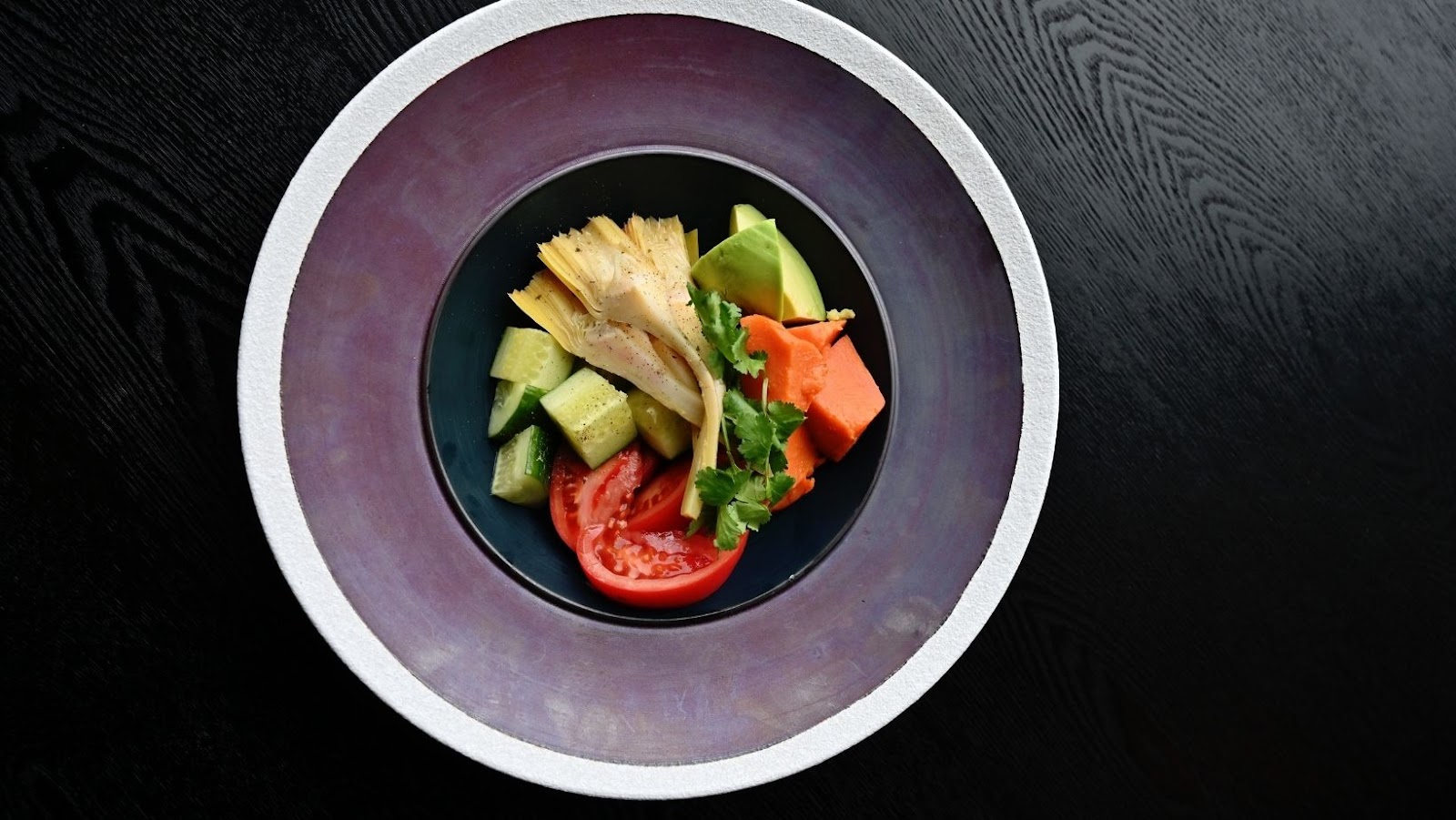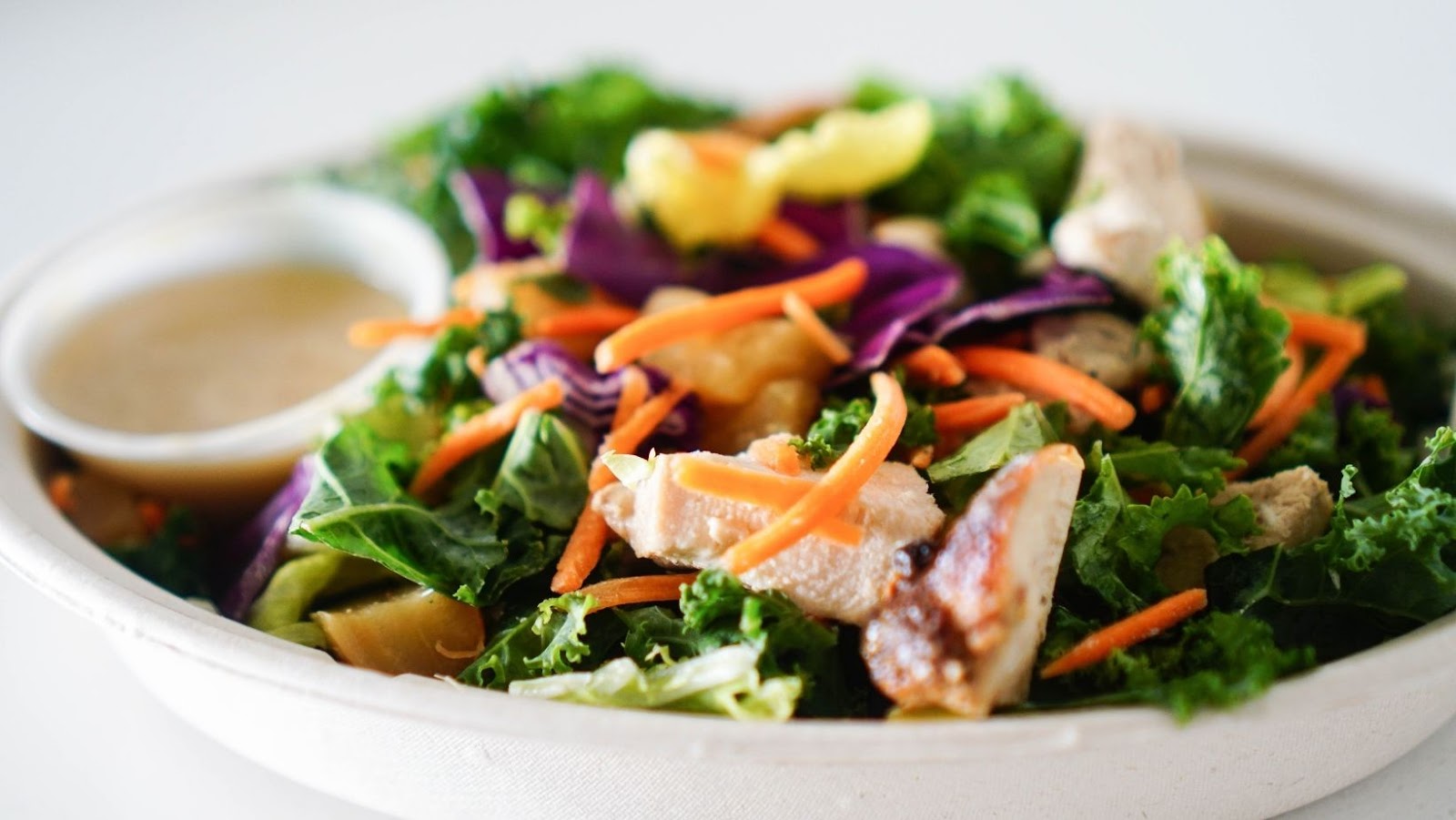Eating a healthy and balanced diet is so important. It keeps us healthy, can reduce the risks of many health conditions, helps us to maintain a healthy weight, looks after our mental health, and even improves how we look and our mood. But it can seem impossible.
There’s always a new diet trend to try. There’s always new research or information. Cool foods that promise the world come in and out of fashion, and the advice on what exactly constitutes a healthy diet seems to change almost weekly.
Unless you are an expert on diet or nutrition, so much conflicting and ever-changing advice can make eating well and feeding your family a healthy diet seem like an unreachable goal. It’s easy to get carried away with trying to do the right thing and make the right changes, and even easier to feel like you are failing.
The good news is that improving your diet doesn’t need to be difficult. In fact, it’s usually the easiest and often smallest changes that have the biggest impact when it comes to improving your nutrition, health, and well-being. Here’s a look at some of the easiest ways that you can improve your diet.
Use a Meal Delivery Service
If you are busy and don’t have much time to meal plan and cook, or you just don’t enjoy cooking, using a meal delivery service is a great way to improve your diet. It means that you’ll always have a nutritious meal ready to go, instead of needing to order takeout or eat junk food.

Read this dinnerly overiew to learn more about the pros and cons of this specific service and to find out how it could benefit your diet and lifestyle.
Listen to Your Body
Our bodies are very good at telling us what they need; we’re just not always that good at listening to them. We get hunger signals when we need to eat, we feel full when it’s time to stop, and we even crave specific tastes and flavors, not just because we fancy them but because our bodies need those nutrients.
Listening to your body and eating when you are hungry and stopping when you feel full, instead of eating when you are bored or fancy something, and practicing mindful or intuitive eating are one of the most effective ways to eat a well-balanced diet while giving your body the nutrients that it needs.
Write Meal Plans
Writing meal plans is a great way to make sure your meals are healthy, but it’s always a way to help you find balance, try new things, and eat a more varied diet. Having your meals written down in front of you helps you to spot patterns. You might notice that you eat a lot of meals with chips or that all of your meals have meat. You might see that you are eating the same meals on specific days of the week and that you rarely make changes.
Just seeing things in black and white can help us to make changes to our diet.
Make Small, Sustainable Changes
Big changes, like cutting whole food groups and banning snacks, are very hard to stick to. Smaller changes, like switching to brown or seeded bread, wholegrain rice, and sparkling water instead of fizzy soft drinks, can be much easier to stick to, which makes them far more effective when it comes to improving your diet.
Enjoy Your Food
It takes around 20 minutes for the signal that our stomachs are full to reach our brains. By that time, we’re often halfway through seconds.
Eating more slowly means that you are more likely to stop when you are full, but it also gives you a chance to savor the flavors and textures of your food. This can help you to feel emotionally satisfied with your meal and reduce your urge to pile more onto your plate.
Change How You Prepare Food
Grilling is often seen as the healthy alternative to frying, but actually, in many cases, as long as you aren’t drowning things in oil, baking or roasting can be even better. You should also try to steam veg to retain nutrients.
Focus on Color Over Calories
Counting calories is boring and often fairly depressing. Instead, focus on color. Generally, unhealthy food is beige and boring. Healthy foods are yellow, red, green, orange, and all the other colors of the rainbow. Add more color to your meals or serve with a side of colorful fruit and veg, and it won’t matter that you are adding extra calories, but you are also filling up on food high in nutrients, vitamins, and minerals, and so improving your diet.

When it comes to eating a healthy and balanced diet, the key should always be balanced. Balance doesn’t mean cutting food groups, skipping the meals that you love, or making sweeping changes to what you eat. It means practicing moderation and eating a wide range of different things. It means there are no bad foods and that nothing is off-limits.













